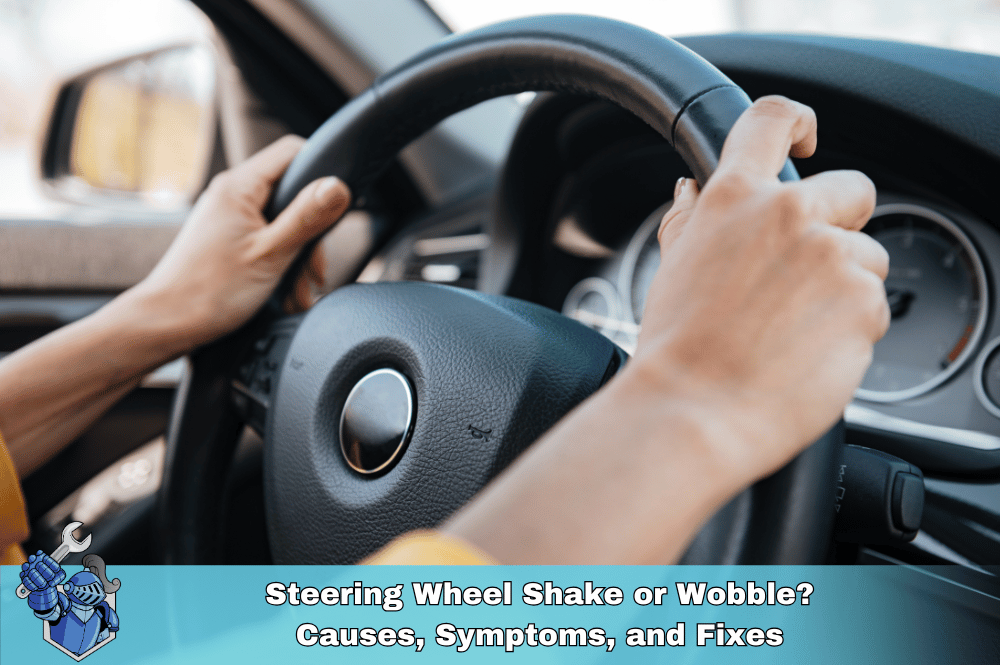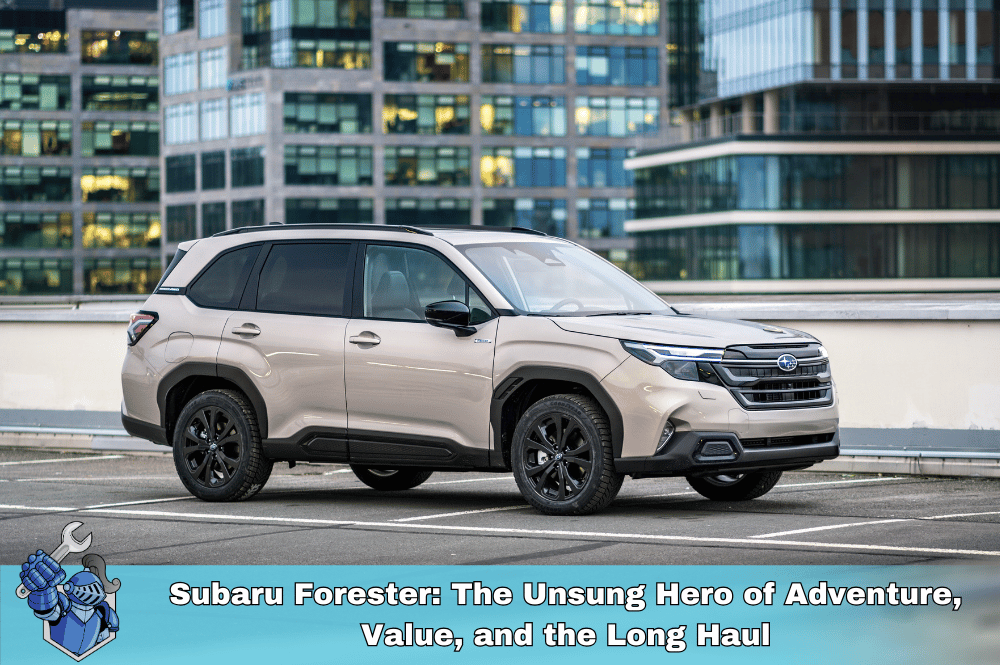The fuel efficiency varies depending on the model year and drivetrain (FWD or AWD). Generally, you can expect to get around 19-21 MPG in the city and 26-27 MPG on the highway.
The Honda Pilot has long been a popular choice for families and individuals seeking a reliable, spacious, and efficient midsize SUV. With its blend of versatility, comfort, and advanced features, the Honda Pilot offers a compelling package for those who prioritize both practicality and style. In this comprehensive review, we’ll delve into the basic features of the Honda Pilot, its factory coverage, servicing requirements, value retention, fuel consumption, and why securing an extended warranty through NobleQuote might be a wise decision for potential buyers.
1. Basic Information About the Honda Pilot
The Honda Pilot, first introduced in 2002, has evolved through several generations, with the latest iteration showcasing the culmination of Honda's innovation in the SUV segment. The current model offers a robust 3.5-liter V6 engine that delivers 280 horsepower, providing a blend of power and efficiency suitable for both city driving and long road trips. Paired with a 10-speed automatic transmission, the Honda Pilot ensures a smooth and responsive driving experience.
The Pilot can seat up to eight passengers, making it an ideal choice for larger families. The interior is designed for comfort, with features such as tri-zone automatic climate control, leather upholstery, and a power-adjustable driver's seat. The Pilot's cargo space is another standout feature, offering 16.5 cubic feet behind the third row, expanding to 109.2 cubic feet with both the second and third rows folded down.
2. Honda Pilot Factory Warranty Coverage
Every new Honda Pilot comes with a standard factory warranty, which includes:
- Basic Warranty: 3 years/36,000 miles, covering repairs and replacements for any defects in materials or workmanship.
- Powertrain Warranty: 5 years/60,000 miles, covering major components such as the engine, transmission, and drivetrain.
- Rust Perforation Warranty: 5 years with unlimited miles, protecting against rust-through corrosion.
- Roadside Assistance: 3 years/36,000 miles, offering services such as towing, battery jump-start, and flat tire change.
While these warranties provide a reasonable level of protection, they do not cover everything. Issues such as routine maintenance, wear-and-tear items (like brake pads and tires), and certain electrical problems may not be covered. This is where an extended warranty from NobleQuote can offer peace of mind.
3. Servicing and Maintenance for the Honda Pilot
Maintaining the Honda Pilot is relatively straightforward, thanks to Honda's reputation for reliability and durability. Regular maintenance is key to keeping the vehicle running smoothly. The typical maintenance schedule for the Honda Pilot includes:
- Oil Changes: Every 7,500 to 10,000 miles, depending on driving conditions.
- Tire Rotations: Every 7,500 miles to ensure even tire wear.
- Brake Inspections: Every 15,000 miles to check for wear and tear.
- Transmission Fluid Change: Every 30,000 to 60,000 miles to maintain optimal performance.
- Coolant Replacement: Every 60,000 miles to prevent overheating.
- Spark Plug Replacement: Around 105,000 miles to maintain engine efficiency.
Sticking to these maintenance schedules can help prevent major issues and ensure the longevity of the vehicle. However, unexpected repairs can still occur, making an extended warranty a valuable investment.
4. Value Retention and Resale Value
The Honda Pilot is known for its strong resale value, making it a solid investment for buyers. According to Kelley Blue Book, Honda vehicles, including the Pilot, consistently rank high in resale value compared to competitors. The Pilot's reputation for reliability, combined with Honda's brand strength, ensures that it retains a good portion of its original value over time.
Factors contributing to the Pilot's strong resale value include its low cost of ownership, high demand in the used car market, and the brand's commitment to quality. This makes the Honda Pilot an excellent choice for those who plan to resell or trade in their vehicle in the future.
5. Fuel Consumption and Efficiency
The Honda Pilot offers competitive fuel efficiency for a midsize SUV, making it an economical choice for families and individuals. The standard front-wheel-drive model delivers an estimated 20 miles per gallon (mpg) in the city and 27 mpg on the highway. The all-wheel-drive version, while slightly less efficient, still offers respectable numbers, with 19 mpg in the city and 26 mpg on the highway.
The Pilot also features an Eco Assist system, which helps drivers maximize fuel efficiency by providing real-time feedback and encouraging eco-friendly driving habits. This system, combined with the vehicle's aerodynamic design and advanced engine technology, helps keep fuel consumption in check.
6. Safety and Technology Features
Safety is a top priority for the Honda Pilot, which is equipped with Honda Sensing, a suite of advanced safety and driver-assistive technologies. This includes features such as:
- Collision Mitigation Braking System (CMBS): Automatically applies the brakes to help prevent a collision.
- Road Departure Mitigation System (RDM): Alerts and assists if the vehicle is about to leave the road.
- Adaptive Cruise Control (ACC): Maintains a set following distance from the car ahead, adjusting speed as needed.
- Lane Keeping Assist System (LKAS): Helps keep the vehicle centered in its lane.
These features, combined with a solid body structure and multiple airbags, contribute to the Pilot's excellent safety ratings, making it a top choice for families.
7. Why Consider an Extended Warranty?
While the Honda Pilot is a reliable vehicle, even the best-engineered cars can experience unexpected issues, especially as they age and accumulate mileage. An extended warranty from NobleQuote can provide additional protection beyond the standard factory warranty, covering a wide range of components and systems. This can include coverage for:
- Electrical Systems: Repairs to the vehicle's electrical components, which can be costly and complex.
- Advanced Safety Features: Coverage for repair or replacement of Honda Sensing technology components.
- Air Conditioning and Heating Systems: Ensuring comfort in all weather conditions.
An extended warranty offers peace of mind by reducing the financial burden of unexpected repairs, making it a smart choice for Honda Pilot owners.
8. Plug for NobleQuote Coverage
At NobleQuote, we offer comprehensive extended warranty plans tailored to meet your specific needs. Whether you're looking for coverage for major components or want to ensure complete protection, our plans provide the flexibility and assurance you need. With benefits like 24-hour roadside assistance, rental car reimbursement, and nationwide coverage, NobleQuote is here to keep you on the road with confidence. Contact us today to get your extended warranty quote for the Honda Pilot and enjoy the peace of mind that comes with knowing you're protected.
In conclusion, the Honda Pilot stands out as a versatile, reliable, and family-friendly SUV that offers a host of features to meet the needs of modern drivers. By understanding its strengths and taking advantage of extended warranty options, you can ensure a smooth and enjoyable ownership experience.
Honda Pilot FAQs: Get the Answers You Need
What is the fuel efficiency of the Honda Pilot?
How many passengers can the Honda Pilot accommodate?
The Honda Pilot typically seats 8 passengers, with three rows of seating. Some configurations offer 7-passenger seating with captain's chairs in the second row.
What is the cargo space like in the Honda Pilot?
The Pilot offers ample cargo space. Behind the third row, you'll find about 16.5 cubic feet. With the third row folded down, it expands to 46.8 cubic feet, and with both the second and third rows folded, it offers a maximum of 83.9 cubic feet.
Is the Honda Pilot good for off-roading?
While the Pilot offers available all-wheel drive (AWD), it's primarily designed for on-road driving and light off-roading, such as dirt roads or snowy conditions. It's not a dedicated off-road vehicle.
What safety features does the Honda Pilot come with?
The Pilot comes standard with Honda Sensing®, a suite of safety and driver-assistive technologies, including Collision Mitigation Braking System™, Road Departure Mitigation System™, Adaptive Cruise Control, and Lane Keeping Assist System.
How reliable is the Honda Pilot?
The Honda Pilot consistently receives high reliability ratings from organizations like J.D. Power and Consumer Reports. It's known for its longevity and durability.
What are some of the common issues with the Honda Pilot?
Some model years have reported issues with the transmission, infotainment system, and premature battery failure. It's always recommended to research specific model years for potential recalls or known problems.
How does the Honda Pilot compare to other SUVs in its class?
The Pilot competes with SUVs like the Toyota Highlander, Ford Explorer, and Mazda CX-9. It's often praised for its spacious interior, comfortable ride, and strong safety features.
What is the warranty coverage for the Honda Pilot?
The Pilot typically comes with a 3-year/36,000-mile limited warranty and a 5-year/60,000-mile powertrain warranty.
Where can I find more information about the Honda Pilot?
You can visit the official Honda website, read reviews from automotive publications, or consult with a Honda dealership for more detailed information.
Suggestions for you
Read MoreLet’s work together
Every week we showcase three charitable organizations that our donations are sent to. Our clients are able to choose which of these three will receive their gift when they add coverage to their vehicle...

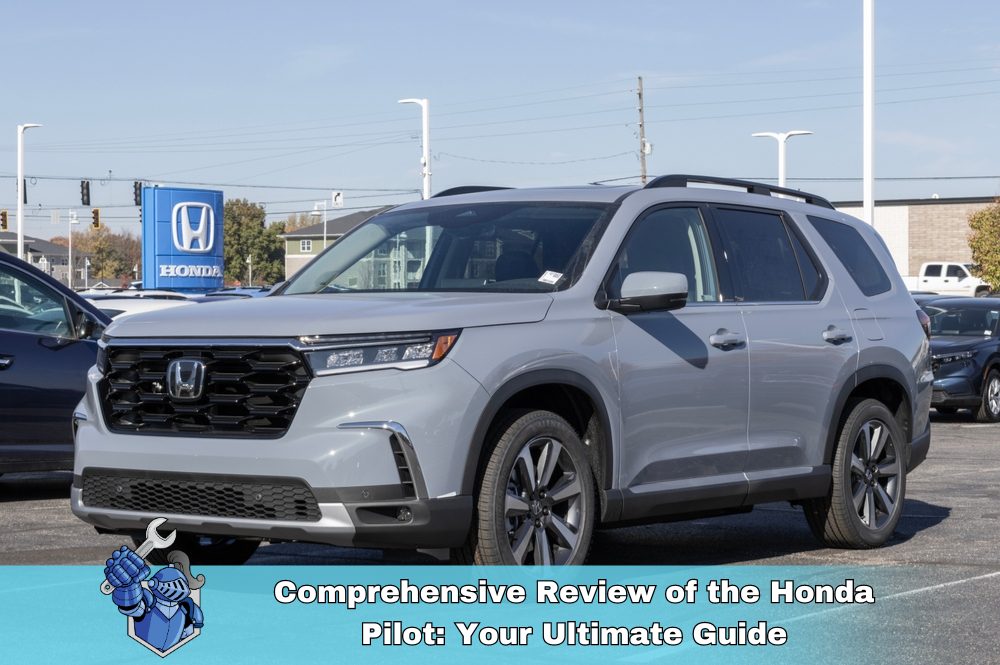
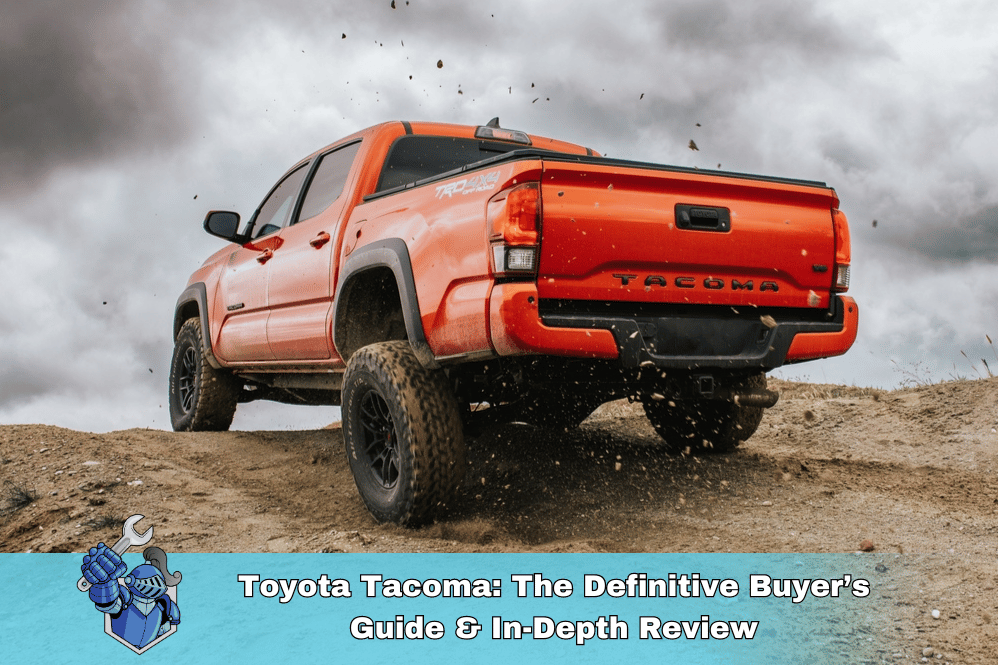 Toyota Tacoma: The Definitive Buyer’s Guide & In-Depth Review
Toyota Tacoma: The Definitive Buyer’s Guide & In-Depth Review Subaru Outback Review: Everything You Need to Know About This Versatile SUV
Subaru Outback Review: Everything You Need to Know About This Versatile SUV Toyota FJ Cruiser: A Comprehensive Review
Toyota FJ Cruiser: A Comprehensive Review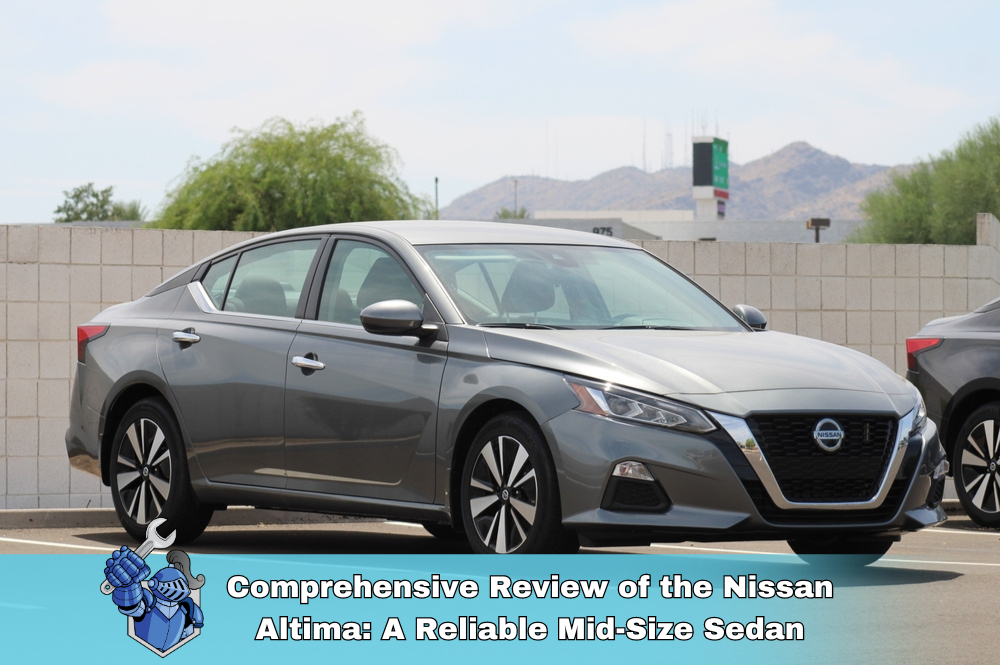 Comprehensive Review of the Nissan Altima: A Reliable Mid-Size Sedan
Comprehensive Review of the Nissan Altima: A Reliable Mid-Size Sedan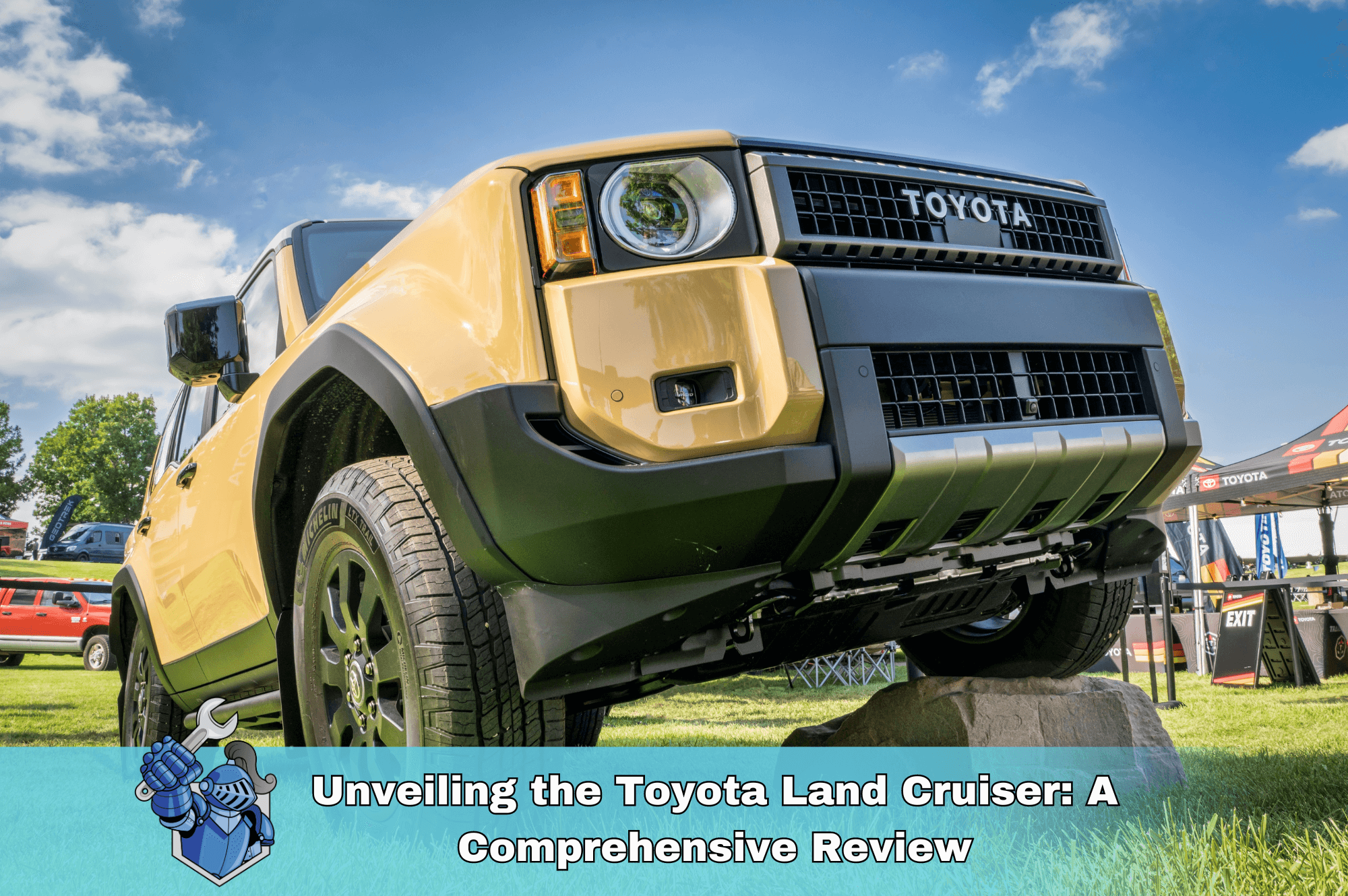 Unveiling the Toyota Land Cruiser: A Comprehensive Review
Unveiling the Toyota Land Cruiser: A Comprehensive Review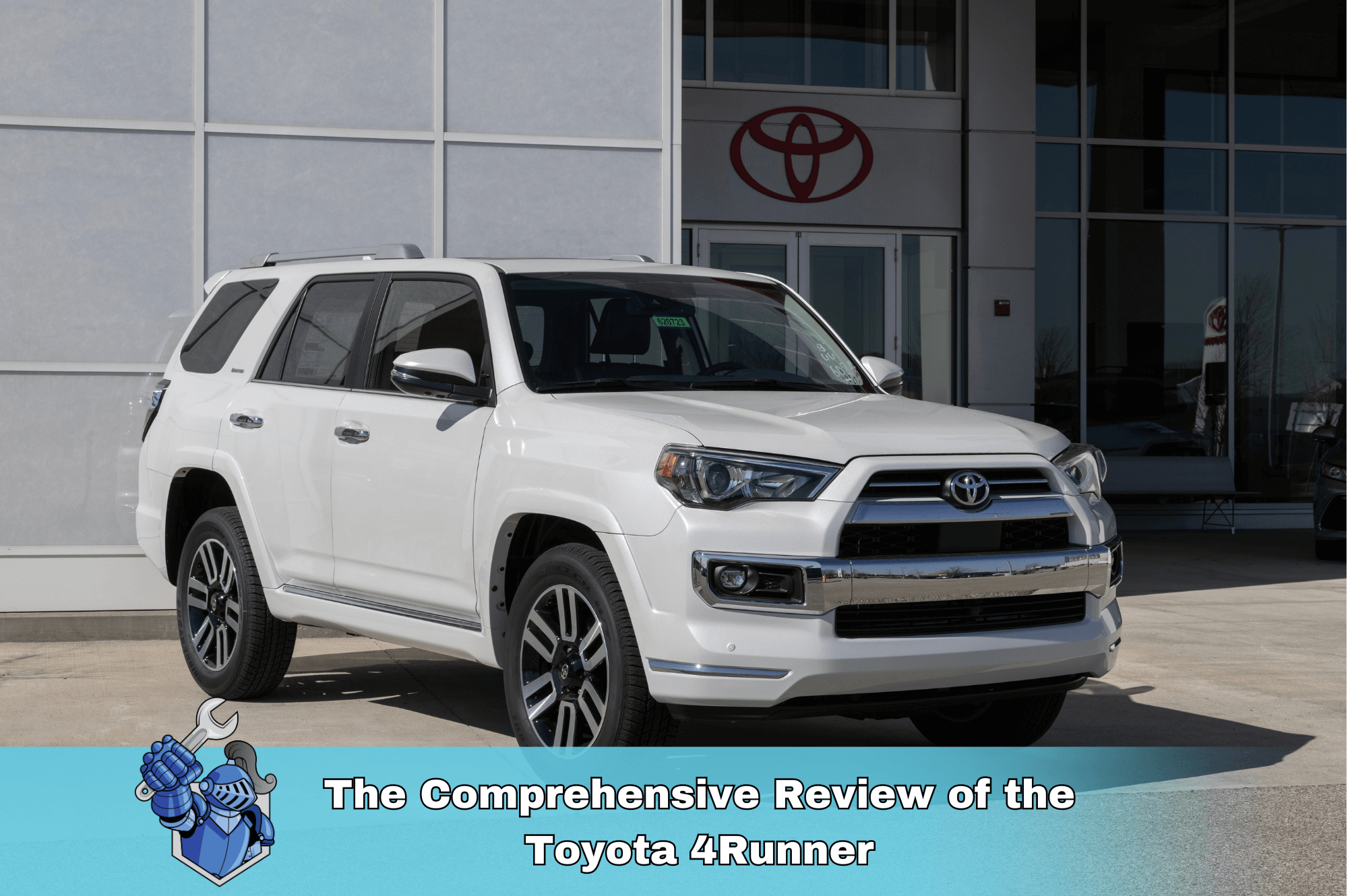 The Comprehensive Review of the Toyota 4Runner
The Comprehensive Review of the Toyota 4Runner